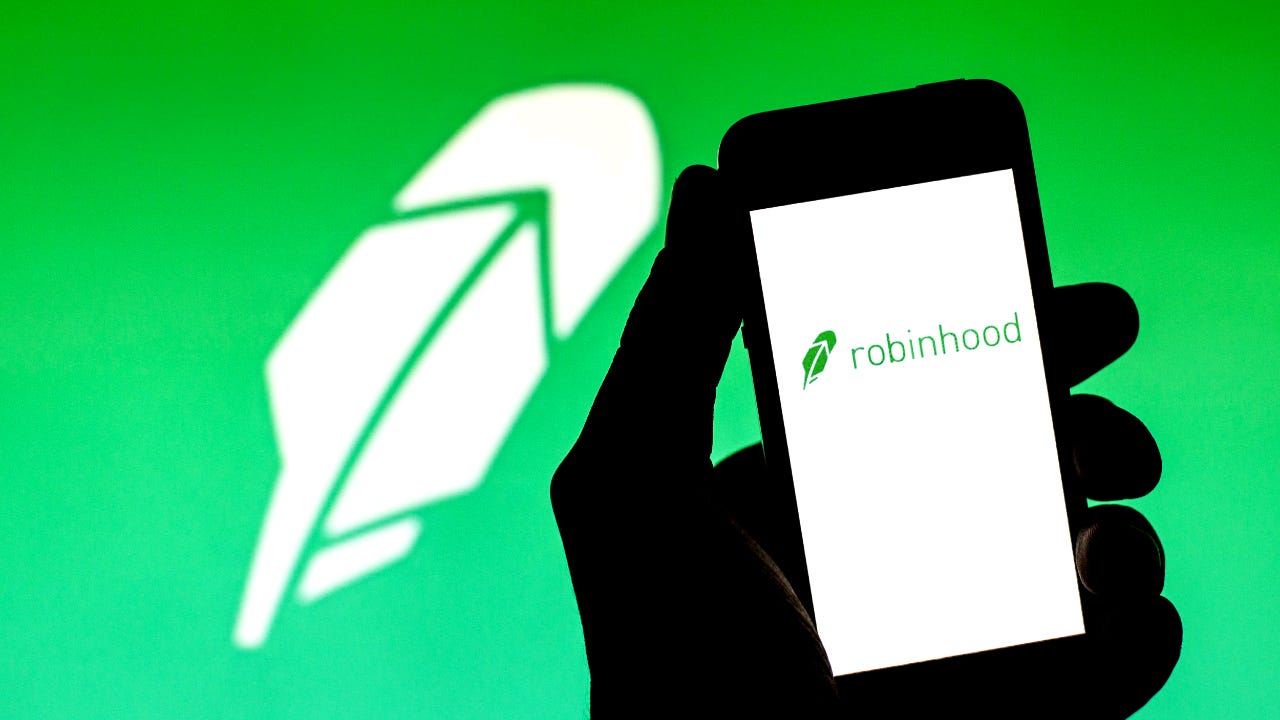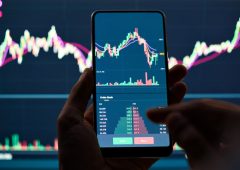Robinhood Allegedely Considering Launching Own Stablecoin
18.09.2024 11:00 1 min. read Alexander Stefanov
On a recent episode of the Thinking Crypto podcast with Tony Edward, Johann Kerbrat, General Manager of Robinhood Crypto, hinted at the potential development of a company-branded stablecoin.
While he did not confirm any specific plans, Kerbrat emphasized the growing importance of stablecoins in the crypto world and discussed the company’s current approach.
Kerbrat highlighted Robinhood’s partnership with Circle, which allows users to trade USDC without fees. This collaboration underscores the company’s focus on making crypto transactions as user-friendly as possible. He also raised concerns about the stability of reserves backing some stablecoins, stressing the need for proper backing to prevent depegging and ensure users can redeem their holdings without losing value.
Kerbrat suggested that Robinhood is exploring the possibility of launching its own stablecoin, though no concrete plans have been announced. He assured that any decision to introduce a new stablecoin would be publicly communicated.
In addition to discussing stablecoins, Kerbrat addressed the company’s ongoing legal issues with the U.S. Securities and Exchange Commission (SEC).
Robinhood received a Wells Notice earlier this year, signaling potential enforcement action. Kerbrat expressed confidence in the company’s ability to handle the legal challenges and emphasized Robinhood’s commitment to defending its practices amid increasing regulatory scrutiny.
-
1
Ripple Faces Legal Setback as Court Rejects Bid to Ease Penalties
26.06.2025 16:54 1 min. read -
2
Ripple Has Applied for a National Banking License
03.07.2025 7:00 2 min. read -
3
What Will Happen With the Stock Market if Trump Reshapes the Fed?
29.06.2025 13:00 2 min. read -
4
Barclays Blocks Crypto Credit Card Payments in Latest Blow to Retail Investors
26.06.2025 8:00 2 min. read -
5
Top 10 Biggest Crypto Developments This Week
12.07.2025 22:00 3 min. read
Weekly Crypto Roundup: Bitcoin Hits ATH, Ethereum Surges, Trump Advances Crypto Reforms
Analyzing the latest updates shared by Wu Blockchain, this past week underscored a pivotal shift in the crypto landscape. Bitcoin surged to a new all-time high of $123,226, pushing the overall crypto market cap beyond $4 trillion—a milestone reflecting renewed investor confidence and accelerating institutional flows.
Charles Schwab to Launch Bitcoin and Ethereum Trading Soon, CEO Confirms
Charles Schwab is preparing to roll out spot Bitcoin and Ethereum trading, according to CEO Rick Wurster during the firm’s latest earnings call.
BlackRock Moves to Add Staking to iShares Ethereum ETF Following SEC Greenlight
BlackRock is seeking to enhance its iShares Ethereum Trust (ticker: ETHA) by incorporating staking features, according to a new filing with the U.S. Securities and Exchange Commission (SEC) submitted Thursday.
IMF Disputes El Salvador’s Bitcoin Purchases, Cites Asset Consolidation
A new report from the International Monetary Fund (IMF) suggests that El Salvador’s recent Bitcoin accumulation may not stem from ongoing purchases, but rather from a reshuffling of assets across government-controlled wallets.
-
1
Ripple Faces Legal Setback as Court Rejects Bid to Ease Penalties
26.06.2025 16:54 1 min. read -
2
Ripple Has Applied for a National Banking License
03.07.2025 7:00 2 min. read -
3
What Will Happen With the Stock Market if Trump Reshapes the Fed?
29.06.2025 13:00 2 min. read -
4
Barclays Blocks Crypto Credit Card Payments in Latest Blow to Retail Investors
26.06.2025 8:00 2 min. read -
5
Top 10 Biggest Crypto Developments This Week
12.07.2025 22:00 3 min. read


